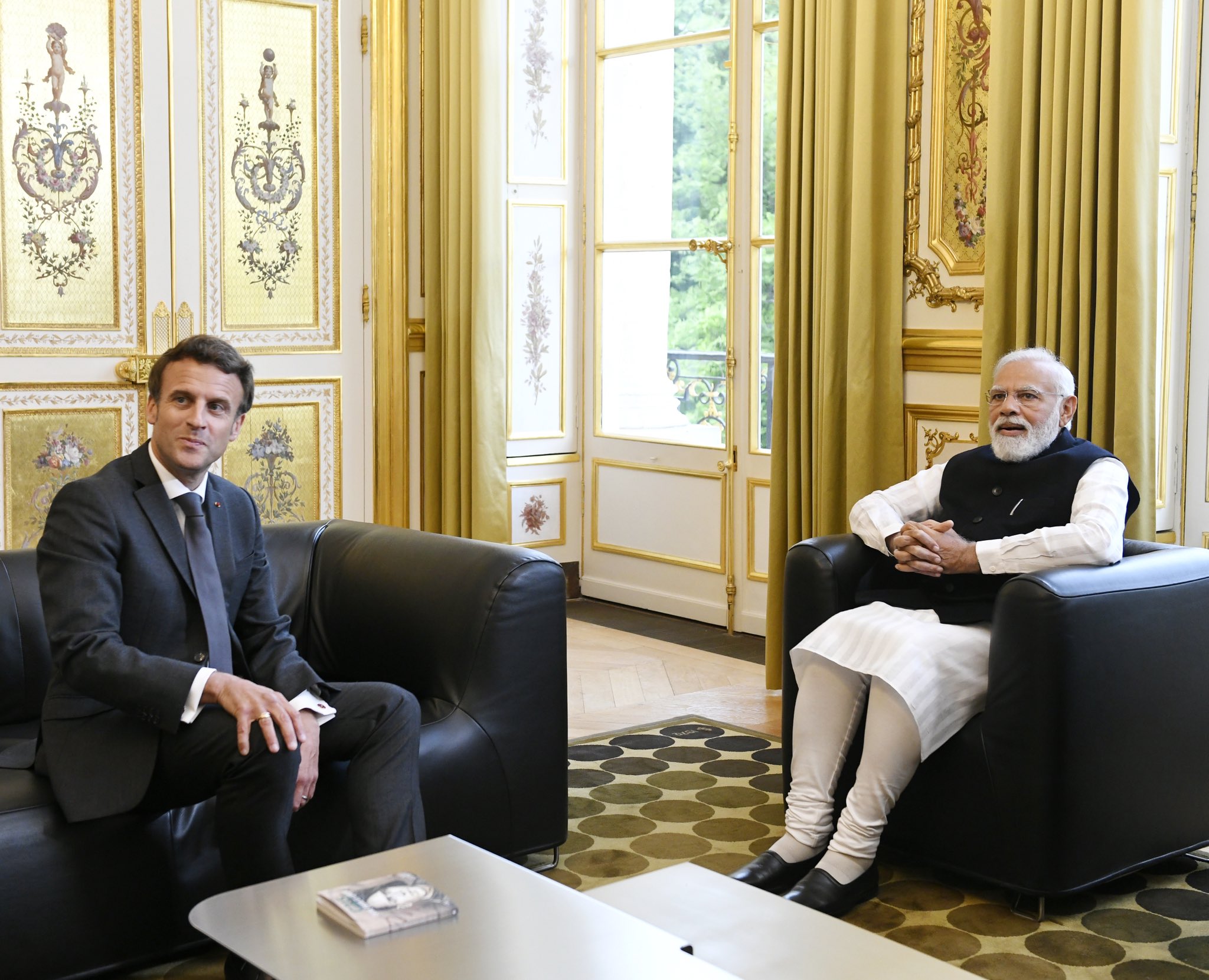
Modi’s West Europe Tour: An Assessment

Prime Minister Narendra Modi completed his whirlwind three days’ tour of three west European nations. True to his reputation, the itinerary was packed with talks with the German Chancellor, participation in the 2nd India-Nordic Summit in Denmark and, on the side lines of it, bilateral meetings with the heads of governments of the five Baltic countries and, in the last leg, a two hour- meeting with the re-elected French President.
Besides their importance in the bilateral context, these meetings had added significance in view of the current situation caused by the conflict between Russia and Ukraine. The discussions with the German Chancellor Olaf Scholz centred around the ways and means to enhance bilateral relations, options for post pandemic economic recovery, possibilities of mutual investments and, of course, the prevailing security situation in wake of the crisis.
Modi briefed his German host about India’s well-considered and time- tested stand on the ongoing conflict, the German dignitary seemed to have fully understood India’s national interest and her foreign policy constraints in view of her energy needs for development purposes. The 56 paragraphs long joint statement issued after the sixth India-Germany Intergovernmental Consultations covered almost issues that have been discussed. Besides expressing their satisfaction over various existing mechanisms to bolster bilateral relations, both parties stressed on the need to develop an Indo-German green hydrogen roadmap based on the inputs by the Indo-German Green hydrogen task force.
Germany expressed its intention to extend financial and technical cooperation including concessional loans up to Euro 1 billion. On regional and international issue, there was convergence of views of both sides on all issues except, understandably, on the Russia-Ukraine conflict. While Germany reiterated its strong condemnation of Russian forces for their “unlawful and unprovoked aggression” against Ukraine, both condemned civilian deaths and humanitarian crisis in Ukraine and called for an immediate cessation of hostilities.
Both were on the same page on Afghanistan, Joint Comprehensive plan of Action in Iran, establishment of an effective rule-based international order and, more importantly for us, condemnation of terrorism in all its forms and manifestations including use of territory for such activities. They also agreed to continue working for UNSC reforms as members of the G-4 group.
In the next leg of his tour, the Indian PM attended the 2nd India-Nordic Summit in Copenhagen. Having been organised after a gap of four years from the first summit due to the pandemic conditions, this Summit gave Modi an opportunity to explain India’s stand on the ongoing conflict in Ukraine in a better way during the one-to-one meetings with the participating leaders on the side lines of the Summit. Here also, the participating leaders expressed their views on the conflict on the expected lines. However, during these one-to-one meetings, instead of repeating the same rhetoric of cooperation on the much-travelled lines, the Indian PM Modi tapped the characteristic expertise of the individual nations for enhancing cooperation in different areas. While the focus of the tête–à–tête with Norway was blue economy, renewable energy and green hydrogen, with Sweden it was clear technology, investment, research and innovation and with Icelander PM, Modi discussed tapping of geothermal energy and blue economy. With his counterpart from Finland, Modi discussed digital innovation and 5G and 6G systems.
Undoubtably, the last leg of PM’s visit – France – was the most important part of the tour. Among the P-5 countries, France has emerged as the most dependable friend of India with the steady growth of bilateral relations for over twenty years. France did not criticise India for the latter’s nuclear test in 1998 and it was the first major power to open talks with India after the nuclear test. The same year both countries raised their bilateral status to that of strategic partners. France has been supplying nuclear fuel for India’s civil nuclear uses since then and has always supported India on various regional and international fora.
The discussions between the two sides were focussed on a wide range of bilateral and international issues. While France was critical of Russian action against Ukraine, Macron fully understood India’s stand on the issue. Both sides shared their concern on the worsening humanitarian crisis and called for secession of hostilities and resumption of dialogue to find a solution to the problem through diplomatic channels.
On Afghanistan and Indo-Pacific, they had a convergence of views. The two leaders last met in Paris in 2019 and the French President is scheduled to pay an official visit to India in the near future which makes the recent short, but substantive, meeting more important. In defence sector, both sides expressed satisfaction over their growing cooperation and underlined the production of six Scorpène class submarines in the Mazhgaon Dock Limited as a proof of ‘Make in India’ under “Atmnirbhar’ (self-reliant) scheme. They also agreed to co-design, co-develop and co-produce in defence sector.
The two strategic partners, India and France, also decided to set up a Bilateral Strategic Dialogue on cooperation in space. On cooperation in energy sector, the two sides decided to keep on cooperating under the aegis of International Solar Alliance and expedite the construction of Jaitapur nuclear power plant with 6 EPRs (European Pressurised Reactors) with the French assistance. It is to be noted here that once operational, this will be the world’s biggest nuclear power plant with an installed capacity of 9.6 GW at a cost of US $ 13 billion. Cooperation in cyber security and counter- terrorism were two other issues displaying the convergence of the views of the two parties.
It will be evident from Modi’s meetings with the leaders of Germany, the Nordic region and France that the common thread of these meetings was India’s successful explanation of her stand on the Ukraine crisis and commonality of views on terrorism and the ways to counter it. Bilaterally, most common factor was our quest for renewable and clean energy be it solar, nuclear, Hydrogen or geothermal energy.
While the thrust in the deliberations with Germany was on UNSC reform under the G-4 format and attracting investment, the individual focus of discussions with the French President was on joint defence production and cooperation in space and energy sectors. Both sides decided to work together to set up industrial partnerships to reinforce their own solar energy production capacities in order to supply Asian and European markets, with an integrated supply chain.
Thus, it can be summed up that the Indian PM was broadly successful in achieving the three objectives he set out with- explaining Indian stand on Ukraine crisis, exploring cooperation for development of unconventional energy and enhancing defence cooperation. However, while we can be sure that the world at large has accepted the rationale behind our Russia policy, the concrete actions on discussions on the other two objectives will take some time to manifest. After all, the Jaitapur Power Plant is yet to see the light of the day. This will not be possible unless the time-gap between the decisions and their implementation is substantially reduced with a firm commitment.
———-
Disclaimer
The opinions expressed in this article are the author’s own and do not reflect the views of Chanakya Forum. All information provided in this article including timeliness, completeness, accuracy, suitability or validity of information referenced therein, is the sole responsibility of the author. www.chanakyaforum.com does not assume any responsibility for the same.
Chanakya Forum is now on . Click here to join our channel (@ChanakyaForum) and stay updated with the latest headlines and articles.
Important
We work round the clock to bring you the finest articles and updates from around the world. There is a team that works tirelessly to ensure that you have a seamless reading experience. But all this costs money. Please support us so that we keep doing what we do best. Happy Reading
Support Us



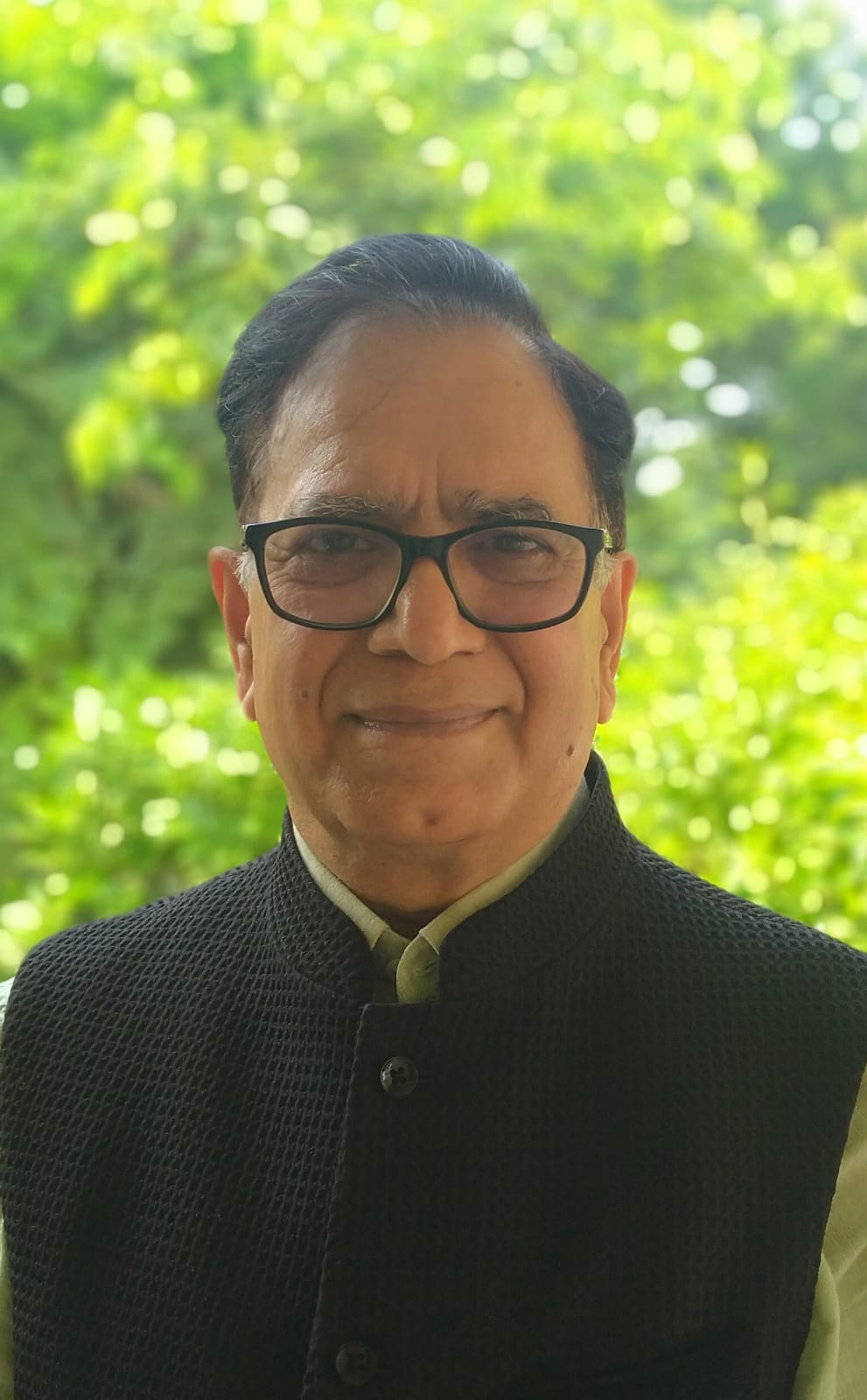

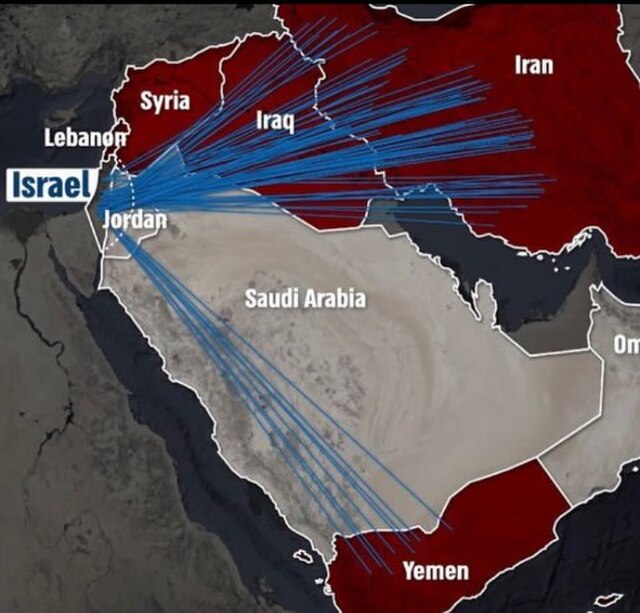
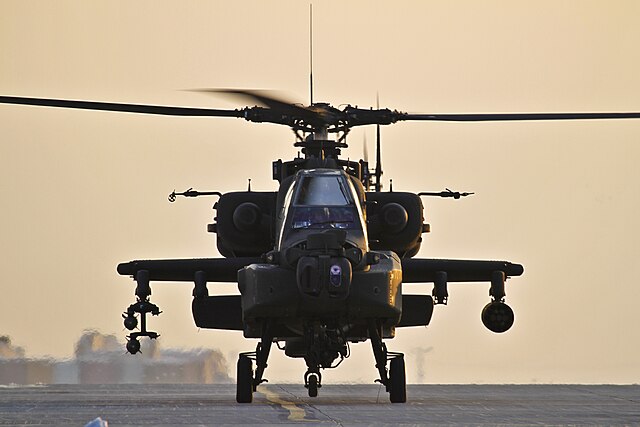
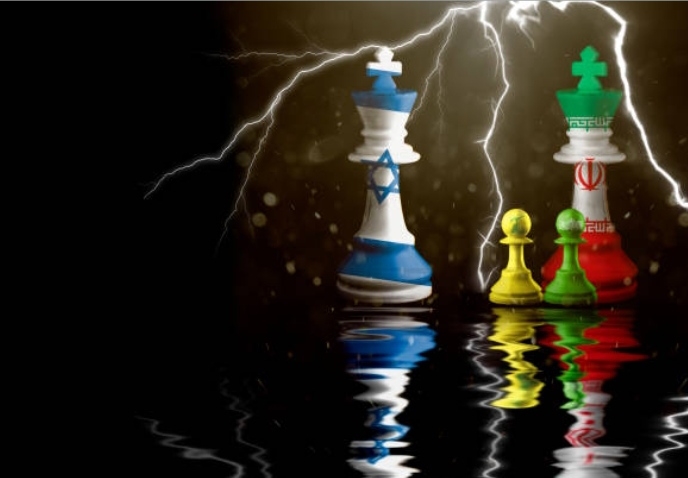
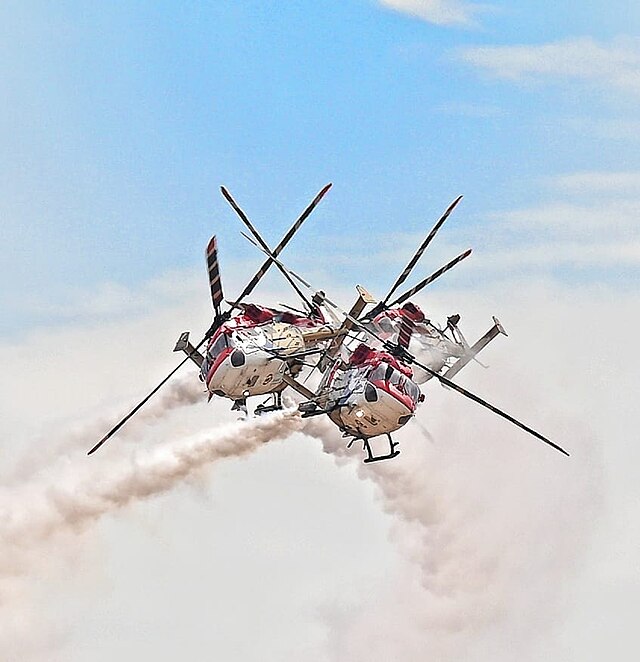
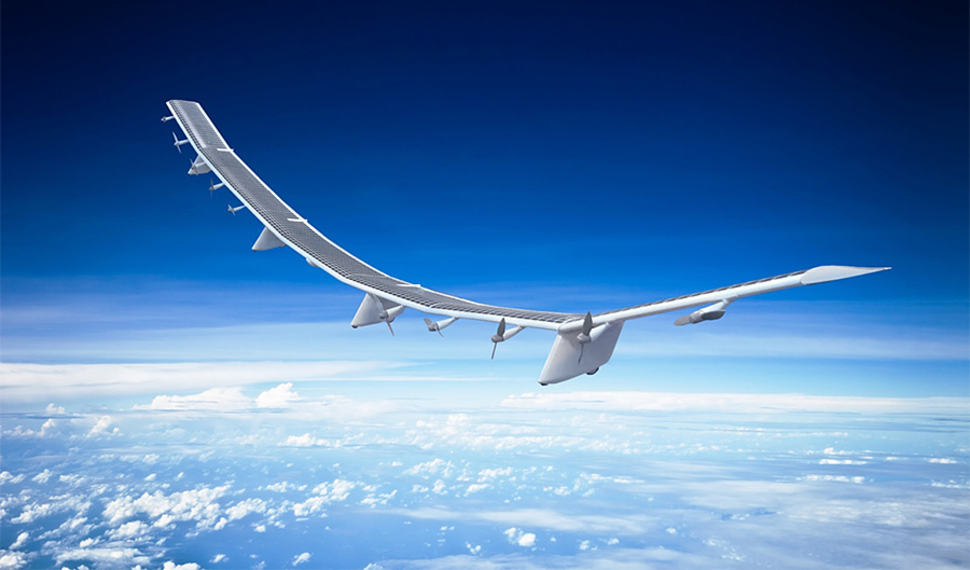

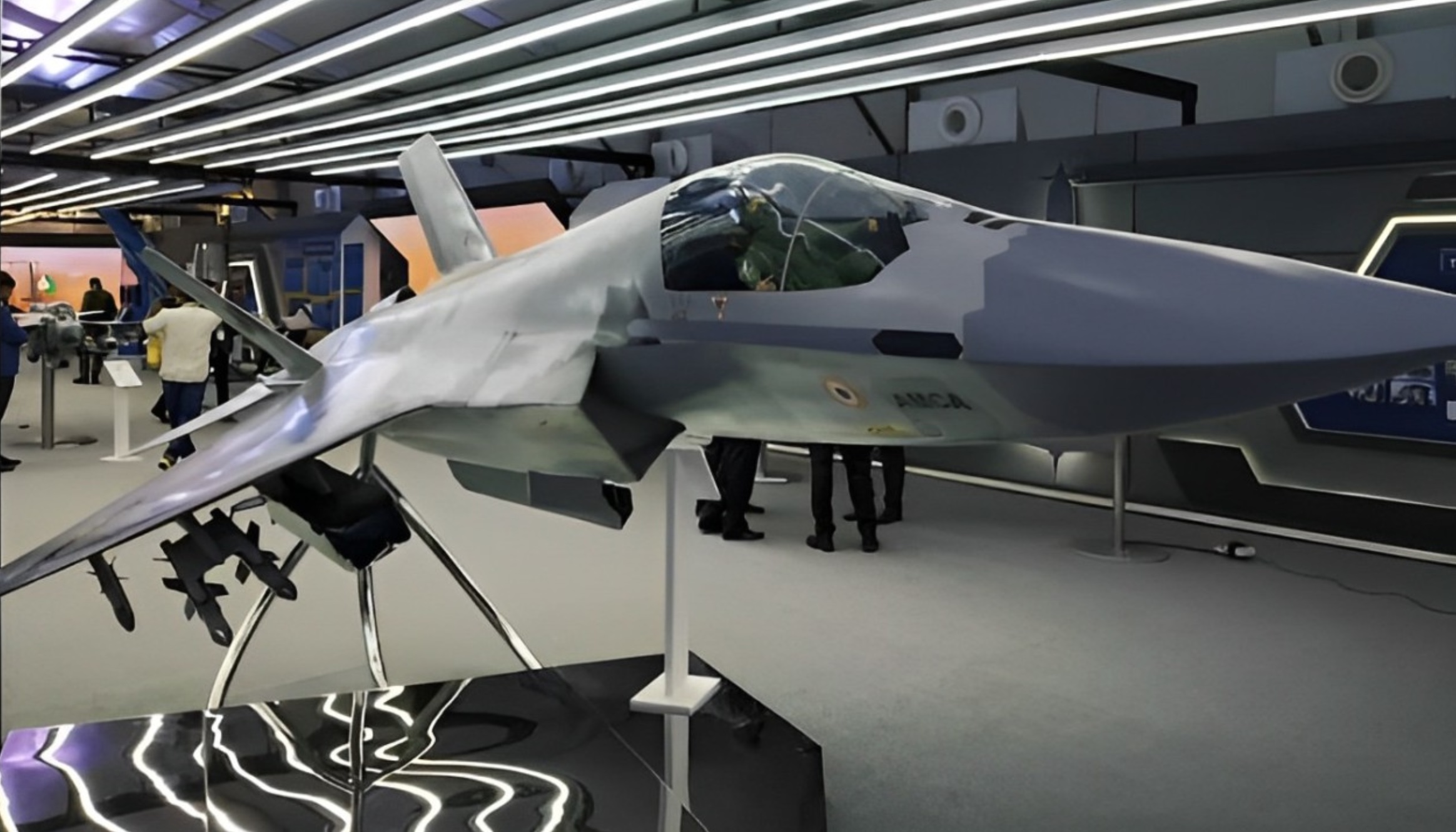
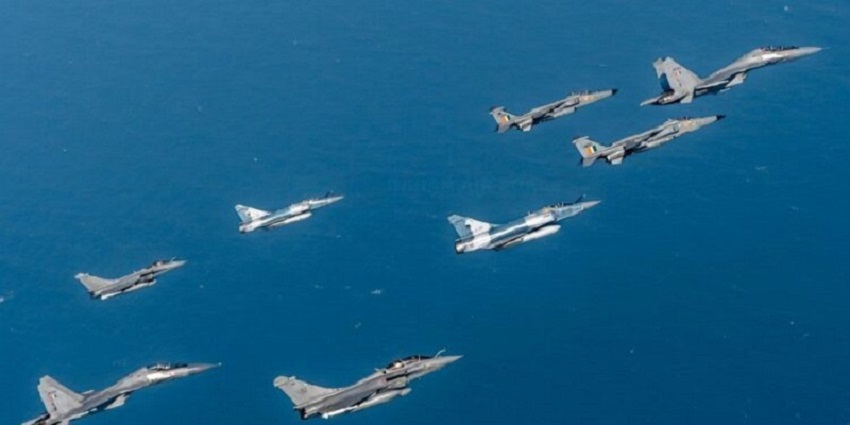
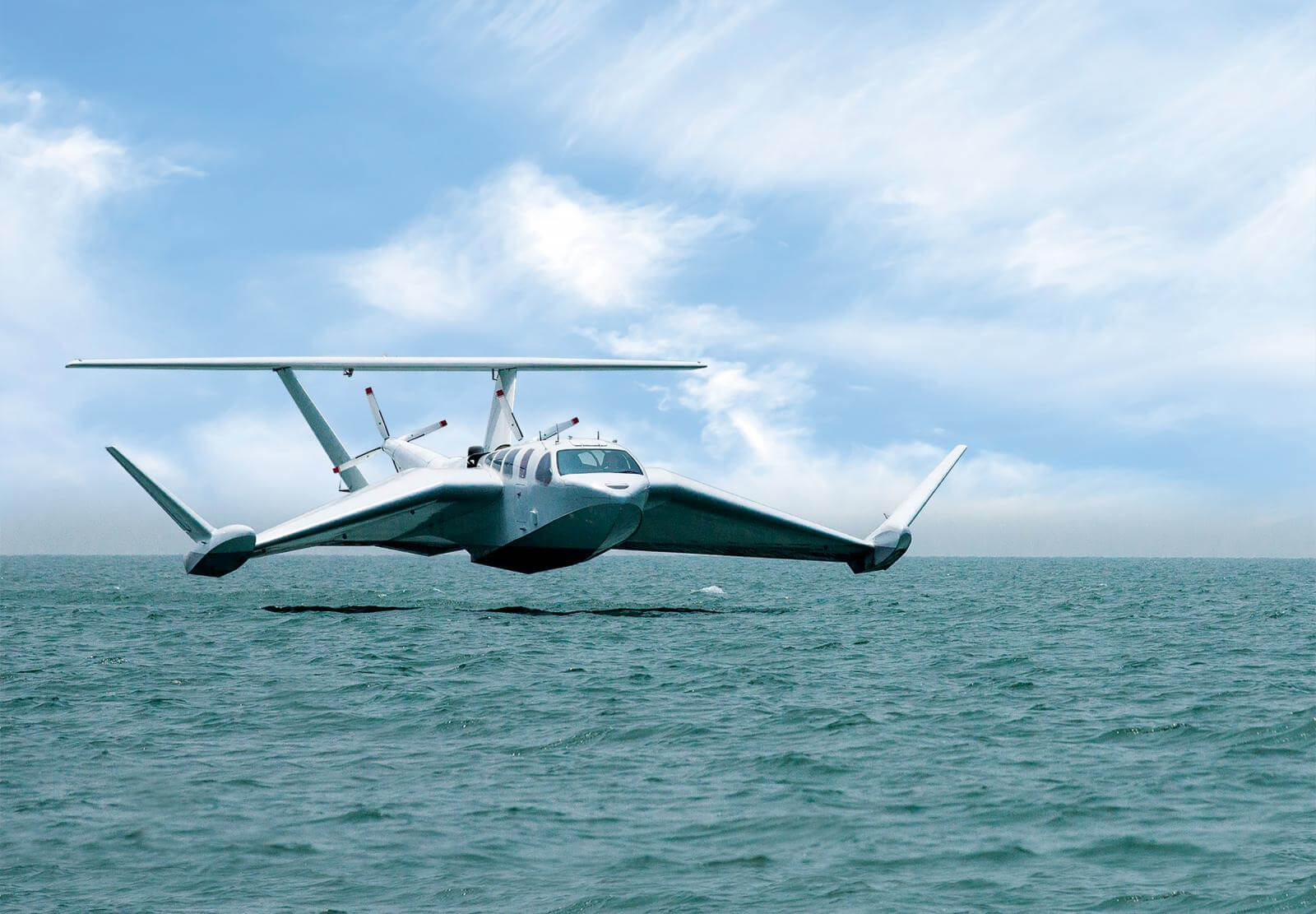







POST COMMENTS (1)
Kalidan Singh